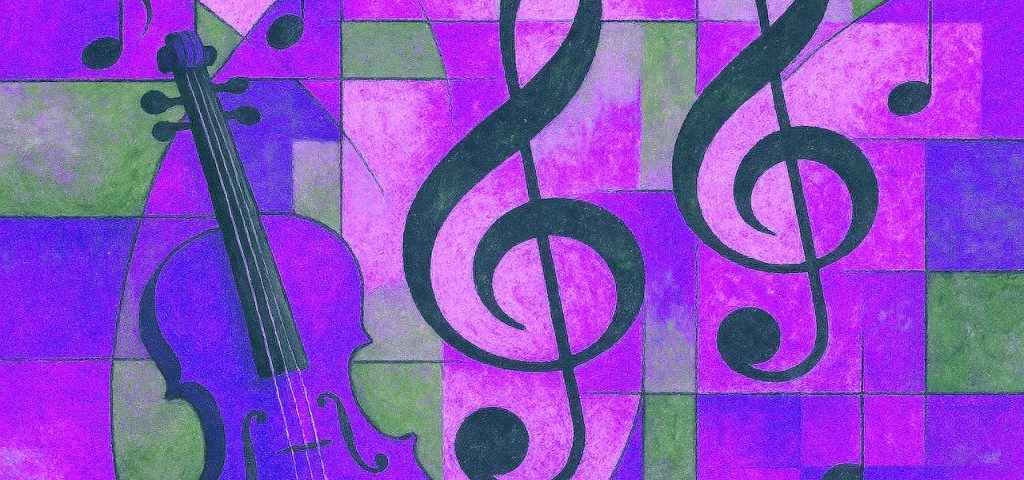Why Listening to Classical Music Matters in Today’s World
In a world buzzing with fast-paced media, constant notifications, and endless distractions, classical music may seem like a relic of the past. But far from being outdated, classical music holds a timeless value that deeply enriches our lives. Whether you’re a lifelong fan or just discovering its beauty, here’s why listening to classical music still matters—perhaps now more than ever.
A Gateway to Emotional Depth
One of the most powerful aspects of classical music is its emotional range. Without lyrics, classical compositions invite us to interpret and feel the music in our own way. From the soaring drama of Beethoven’s symphonies to the delicate tranquility of Debussy’s piano works, classical music allows listeners to explore emotions with nuance and depth. It becomes a personal journey, one that speaks directly to the heart and soul.
Boosts Focus and Creativity
Numerous studies have shown that listening to classical music can improve concentration and stimulate creativity. Known as the “Mozart Effect,” this phenomenon suggests that listening to classical pieces can temporarily enhance cognitive function, especially in tasks involving memory and spatial reasoning. Whether you’re working, studying, or simply seeking inspiration, a symphonic backdrop might be the key to unlocking your creative potential.
Reduces Stress and Promotes Wellness
Classical music has a calming effect that can lower blood pressure, slow heart rates, and reduce anxiety. In today’s high-stress environment, turning to classical music can offer a moment of peace. Whether you’re unwinding after a long day or practicing mindfulness, a few minutes of Bach or Chopin can create a mental space where healing and reflection can take place.
Connects Us to History and Culture
Classical music is a living thread that connects us to the past. It tells stories of the societies, philosophies, and people that shaped our world. Through classical compositions, we encounter the creative genius of individuals who, centuries ago, expressed their inner worlds through music. Understanding and appreciating this art form helps us remain rooted in our cultural heritage—and honors the human drive to create beauty.
Encourages Lifelong Learning
Listening to classical music can be an ongoing educational journey. Each composer, era, and style offers something new to explore. From the Baroque intricacies of Handel to the bold innovations of Stravinsky, there is always another masterpiece to discover. This makes classical music a rewarding hobby for curious minds and lifelong learners.
Builds Community
Live classical performances—whether at a concert hall, local symphony, or school auditorium—bring people together. They remind us of the shared human experience and create spaces for reflection, awe, and connection. Supporting classical music organizations not only sustains the art form but also helps nurture the communities that grow around it.
Classical music isn’t just background noise—it’s an invitation to pause, to feel, and to connect with something larger than ourselves. In an era where everything moves fast, classical music offers a chance to slow down and listen. So press play on a symphony, attend a live performance, or introduce someone to a favorite piece. Because in every note, there’s a story waiting to be heard.

